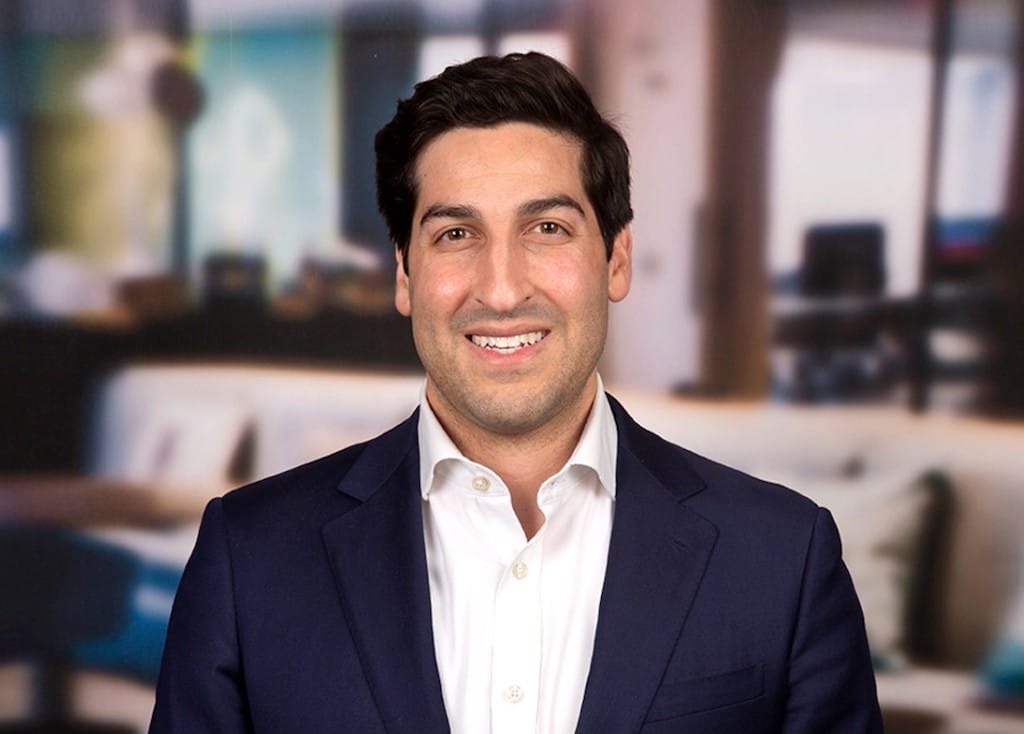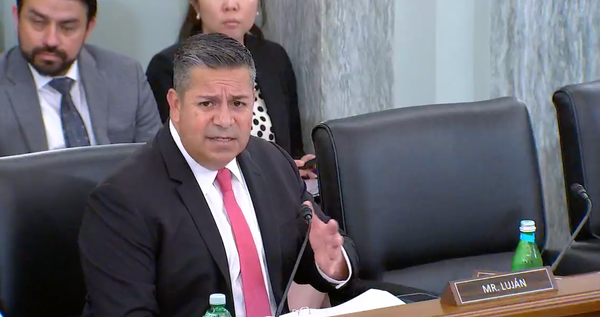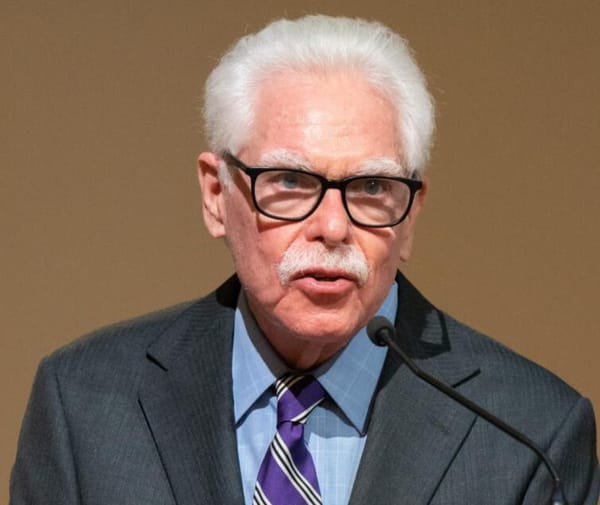Michael Misrahi: Broadband Operators Should Think About Bundling Up
Broadband operators need to simplify and clarify their purpose and the value offered to customers.

The latest EY Decoding the Digital Home study found that even when consumers balk at the price of high-speed internet, they’re not ready to say goodbye to the connection. Moreover, the perceived value for money for broadband is holding steady, even with 63% of broadband households concerned over prices.
Inflation is a major force impacting companies and consumers alike. Cost of living increases are driving consumers to scale back overall spend on new connectivity and content experiences, but only 16% of households with broadband connections have reduced or plan to limit spending on home broadband, mobile connectivity or streaming. Regardless of spend, network reliability remains a critical decision factor for consumers, with 26% of respondents experiencing unreliable home broadband connections and a growing number willing to spend more for better customer service (up 6% year on year to 36%) and backup connectivity.
What is increasingly interesting for broadband providers is that economic conditions, consumer habits and maturing technologies have paved a path for the return of the bundle; however, the bundle of the future will have shifted from the classic package of video, fixed voice and internet. Wired and wireless technological advances, as well as emerging economic models and market ecosystems, are revolutionizing the bundle proposition and folding in mobile offerings through captive or mobile virtual network operator services; linear video content, including direct-to-consumer streaming packages (especially with the most recent cable and content negotiations); and other value-added services, such as security and coverage extensions, the consumer is more willing to adopt.
Bundles are much more attractive for consumers and operators alike
These industry trends, coupled with ongoing cost of living increases, are making bundles much more attractive for consumers and operators alike. Bundles can offer the value consumers currently crave. And many broadband providers are uniquely positioned to offer low-cost, convenient packages that combine fast and reliable in-home broadband, evolved video products and/or mobile solutions that are resonating with the market.
For operators reframing their bundles, content has been a big question mark — what content to include and how to package it within the overall offering, especially when considering that consumers have a growing sense of decision fatigue, with 54% of survey respondents reporting being overwhelmed by the abundance of content across platforms. More specifically, for the operator, video currently tends to be accessible everywhere with a subscription (that is, it’s accessible in and out of the home), with direct-to-consumer streaming services channeled by the content providers.
Recent negotiations between major media conglomerates and cable providers signal that this mature, legacy video model is no longer viable; the go-forward model will include tying linear content packages to the direct-to-consumer offering, as well as finding some differentiation in pricing through ad-supported streaming services and/or picture quality (e.g., HD vs. 4K).
In this evolving video landscape, broadband providers first must decide if they want to offer video (or other revenue-generating units, such as mobile) in their propositions and, if they do, how to go about it, for example, offering their own packages — white label offerings — or virtual offerings, such as a virtual multichannel video programming distributor proposition. In some instances, video can be the loss leader, and in others, especially with a new model, it could be margin accretive. Nevertheless, broadband providers need to once again rethink how video fits into the equation.
There are other opportunities to bundle, including with mobile
Outside of video, there are other opportunities to bundle, namely mobile. Broadband providers traditionally limited to cable- and fiber-based products can now expand where only a few operators play, in the integrated wireline and wireless operator space, by building mobile propositions through wholesale arrangements with mobile network operators and/or through hybrid networks.
Similar to customer demand for video content in and out of the home and how video may be converging back to the traditional bundle, communications and broadband may also be converging to a subscription that is in and out of the home and on a singular bill (just in time to meet consumers’ demand for more value out of their providers).
Bundles hold enormous potential for cutting through decision fatigue by offering consumers much-needed simplicity. Providers selling services can justify offering more value to the customer by having a more compelling lifetime value when the consumer utilizes more services. Additionally, from an operating cost perspective, complexity places a greater burden on customer support, which can be eliminated from the customer experience as operators use this pivot point to rethink operating models.
Across the board, operators need to simplify and clarify their purpose and the value offered to customers. Ultimately, within the context of the increased cost of living, broadband providers with the most straightforward and comprehensive propositions may have the opportunity to capitalize on consumers’ growing rejection of complex and fragmented services that increasingly offer unclear value.
Michael Misrahi, is’s EY Americas Telecommunications Leader. The views reflected in this article are those of the author and do not necessarily reflect the views of Ernst & Young LLP or other members of the global EY organization. This piece is exclusive to Broadband Breakfast.
Broadband Breakfast accepts commentary from informed observers of the broadband scene. Please send pieces to commentary@breakfast.media. The views expressed in Expert Opinion pieces do not necessarily reflect the views of Broadband Breakfast and Breakfast Media LLC.









